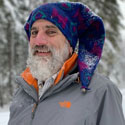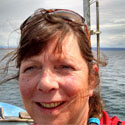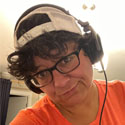
Coordinated Simultaneous Physical-Biological Sampling Using ADCP-Equipped Ocean Gliders
Past Expedition
Overview
From August 27 to September 20, 2021, a team from the University of Washington Applied Physics Lab carried out an expedition at the shelf break off the coast of Washington. The main goal of this expedition, funded by NOAA Ocean Exploration via the Fiscal Year 2020 Federal Funding Opportunity for Ocean Exploration, was to collect data for developing new acoustics-based methodologies that will pave the way for persistent, distributed observation of organisms that occupy the middle levels of the ocean food web (mid-trophic organisms), such as zooplankton and small fish, using gliders.
Features
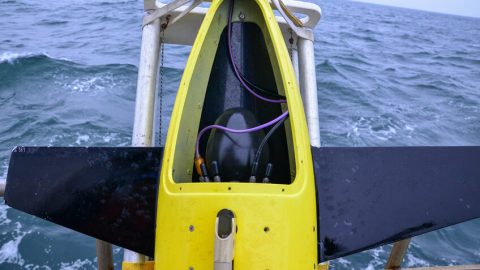
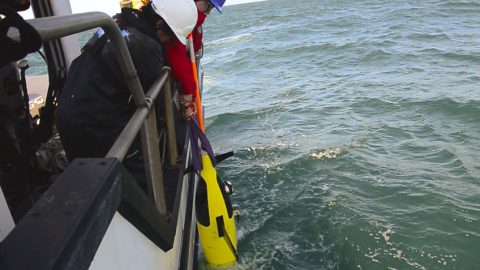
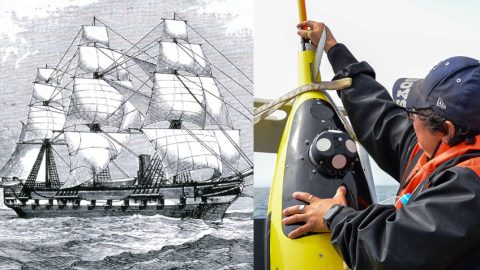
View Less
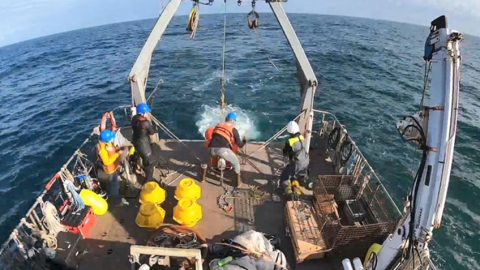
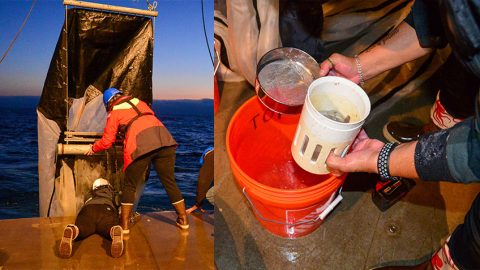
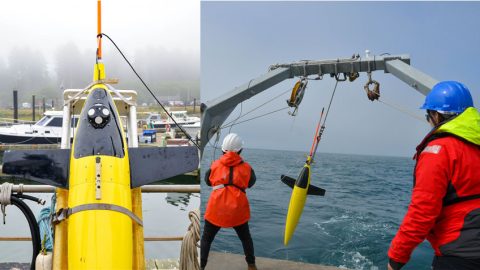
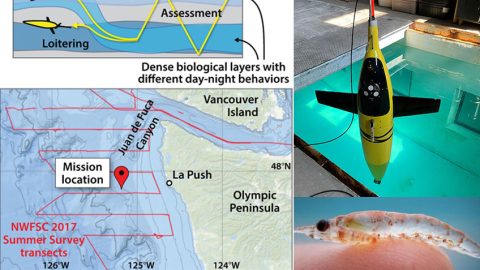
Multimedia
Featured multimedia assets associated with this project.
Meet the Exploration Team
Learn more about the team members and their contributions to this project.


